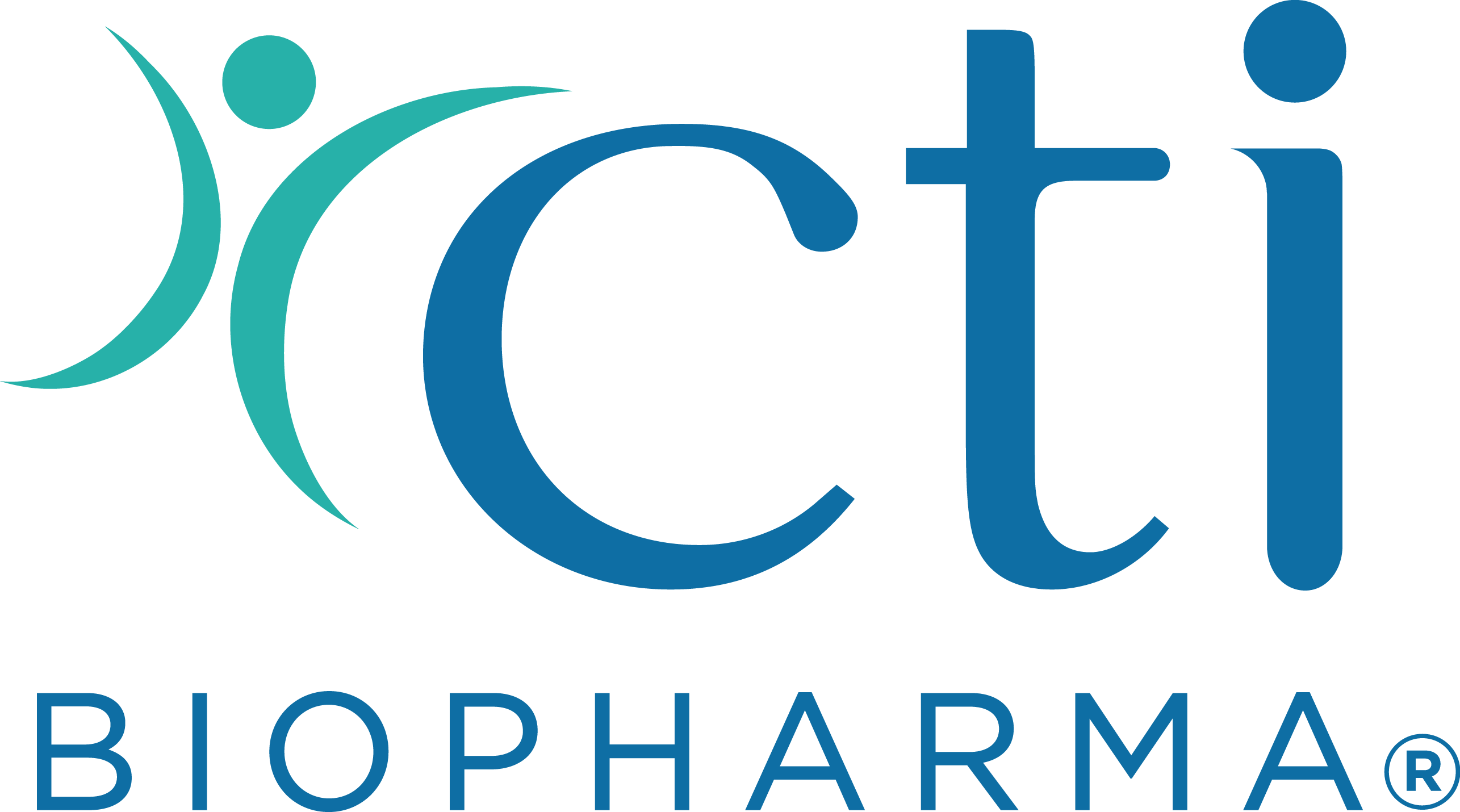Immune Effector Cell–Associated Neurotoxicity Syndrome (ICANS)
ICANS is an illness related to the brain or nerves that may occur after certain types of immune therapy treatments.
ICANS is an illness related to the brain or nerves that may occur after certain types of immune therapy treatments.
CANCER TREATMENT EDUCATION Page 1 IMMUNE EFFECTOR CELL–ASSOCIATED NEUROTOXICITY SYNDROME (ICANS) What is immune effector cell–associated neurotoxicity syndrome (ICANS)? • ICANS is an illness related to the brain or nerves that may occur after certain types of immune therapy treatments. • These therapies cause T cells to release proteins called cytokines, which gather immune cells to help kill cancer cells. • Cytokines cause inflammation, which is similar to when your body is fighting a severe infection. When this inflammation affects the brain or nerves, it can cause ICANS. What should I know about ICANS? • For most patients, ICANS starts within one week after treatment, depending on the type of therapy you receive. • It often begins with headache, confusion, weakness, shaking or twitching, or difficulty staying awake, and can quickly worsen and cause serious illness such as seizures, brain swelling, or coma. • When a patient with ICANS experiences confusion, they may not know who they are, where they are, or what year it is. Some patients can experience changes in behavior or emotions, see things that aren’t there, or have extreme excitement. What puts me at risk of experiencing ICANS? • ICANS is a known side effect of certain types of immune therapy treatments, and your care team will be prepared to treat ICANS if it happens. • Your risk of ICANS can increase if you are younger in age, have preexisting neurologic or medical problems, have large amounts of cancer in your body, receive a high dose of treatment, receive fludarabine as part of your treatment, experience cytokine release syndrome, or develop high amounts of cytokines in your blood. How is ICANS diagnosed? • Your care team will ask you some questions and give you some directions to follow every day to check your mental status. Your care team may also ask you to write a sentence and count backwards every day. • Using these questions, directions, and your handwriting, they will give you a score to determine if you are experiencing any ICANS. They may also run a variety of tests, which could include blood tests, special monitoring for seizures, or imaging tests (e.g., x-rays, CT scans, MRI scans). What are the complications of ICANS if my symptoms are not managed? • In mild to moderate cases, ICANS will cause uncontrolled headache, confusion, restlessness, difficulty talking, weakness, shaking or twitching, or problems with walking or balance if symptoms are not treated. • In severe cases, ICANS can cause uncontrollable sleepiness, seizures, brain damage, and even death. What can I do to prevent or minimize ICANS? • Let your doctor know if you experience any signs or symptoms of fever, such as chills or shivering, sweating, or weakness. • Let your doctor know if you experience any signs or symptoms of ICANS, such as headache, confusion, restlessness, difficulty talking or staying awake, shaking or twitching, problems with walking or balance, or changes in behavior or emotions. • Call 911 and go to the emergency department right away if you experience a seizure or if your caretaker has difficulty waking you up or keeping you awake. IMMUNE EFFECTOR CELL–ASSOCIATED NEUROTOXICITY SYNDROME (ICANS) CANCER TREATMENT EDUCATION Page 2 What can I do to treat or manage ICANS at home? • ICANS will need to be treated in the hospital, depending on the severity of your symptoms. • Call your oncologist or go to the emergency department right away if you have any symptoms of ICANS, including headache, weakness, confusion, restlessness, difficulty talking or staying awake, shaking or twitching, problems with walking or balance, or changes in behavior or emotions. • Your care team may provide you with a wallet card to remind you of the signs and symptoms of neurologic toxicity, including ICANS, and when to seek immediate medical attention. • You can share this card with any care provider to inform them of the treatment that you received and when to contact your oncologist. What might my care team provide to help? • Your care team will monitor you closely for signs of ICANS, including confusion, shaking or twitching, and more. Most patients will need to be treated in the hospital. • Treatment for ICANS includes steroids or other medications that help block the effects of cytokines. • For severe cases, patients may need treatment in the intensive care unit. When should I call my care team? Call your care provider or get emergency help right away if you experience any of the following: • Fever (100.4˚F/38˚C or higher). • Confusion. • Severe headache. • Shaking or twitching (tremor). • Severe nausea or vomiting. • Difficulty talking. • Difficulty waking up or staying awake. • Weakness and/or problems with walking or balance. • Seizures. • Loss of muscle control. How can I tell if my ICANS is getting better? Signs that ICANS is getting better include: • Less confusion. • Less difficulty staying awake. • Improvement in shaking or twitching (tremor). • Improvement of headache. CANCER TREATMENT EDUCATION Page 3 IMMUNE EFFECTOR CELL–ASSOCIATED NEUROTOXICITY SYNDROME (ICANS) Important notice: The Association of Community Cancer Centers (ACCC), Hematology/Oncology Pharmacy Association (HOPA), National Community Oncology Dispensing Association, Inc. (NCODA), and Oncology Nursing Society (ONS) have collaborated in gathering information for and developing this patient educational supplement. This summarized information represents a brief summary of supportive care information and other resources. This supplement does not cover all existing information related to the possible directions, doses, precautions, interactions, adverse effects, or risks associated with specific medication or adverse events and should not substitute for the advice of a qualified healthcare professional. Provision of this supplement is for informational purposes only and does not constitute or imply endorsement, recommendation, or favoring of this side effect management by ACCC, HOPA, NCODA, or ONS, who assume no liability for and cannot ensure the accuracy of the information presented. The collaborators are not making any representations with respect to the clinical information presented whatsoever, and any and all decisions, with respect to such patient management, are at the sole risk of the individual consuming the medication. All decisions related to education and managing adverse events should be made with the guidance and under the direction of a qualified healthcare professional. Permission: Cancer Treatment Education sheets are provided as a free educational resource for patients with cancer in need of concise, easy-to-understand information about cancer topics and adverse event management. Healthcare providers are permitted to copy and distribute the sheets to patients as well as direct patients to the Oral Cancer Treatment Education (OCE) website for information. However, commercial reproduction or reuse, as well as rebranding or reposting of any type, are strictly prohibited without permission of the copyright holder. Please email permission requests and licensing inquiries to This email address is being protected from spambots. You need JavaScript enabled to view it.. Copyright © 2023 by NCODA. All rights reserved. What questions should I ask my care team about ICANS? • How long will I have to stay at or near a hospital? • Do I need a caregiver? • How closely should I be monitored after my treatment? • Is it helpful for me to track my symptoms? What do you recommend? • Who should I contact if I experience any symptoms of ICANS or have any questions? • When should I go to the emergency department if I experience any symptoms of ICANS? • Is ICANS permanent? • How will you or my caregivers know if I am experiencing ICANS? • Are there any medications or activities I should avoid while receiving therapy? • Will I receive a wallet card? What do I need to do with it? Additional instructions
Read more ...


























